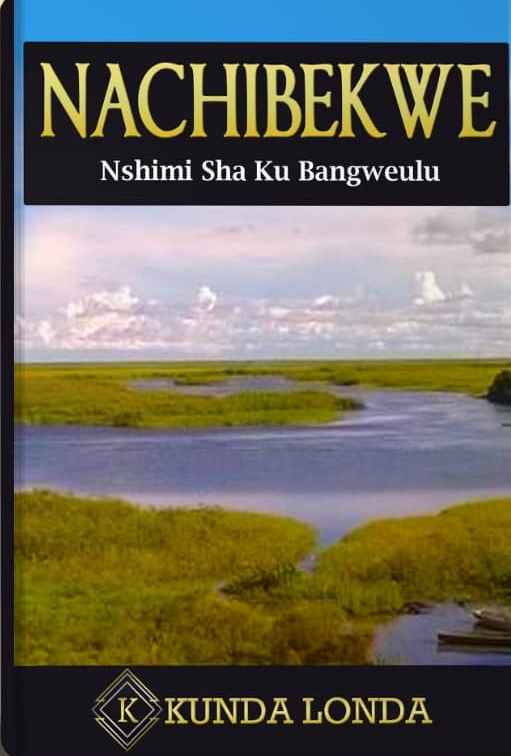TOURISM COULD BE LUNGA'S ECONOMIC BEDROCK
Watching school pupils on our national television learning
under a mango tree at Matipa Primary School in Lunga and seeing them being
taught by a volunteer school leaver left me with a huge lump in the throat. May be this is better left to competent administrators to contemplate.
I remembered an argument I had with one
foreign researcher last year.
The young
researcher based in Lunga once doubted that there would be little or no
meaningful development that could take place on these islands. He argued that
the geographical location, seasonal flooding and remoteness made it difficult
for any meaningful investment.
As we say in my
language,” uwikwite atila ubwali ubo
kateule,” meaning when you are full, you discount the urgency of serving a
meal.
The world is focusing
on the tourism industry today. Zambia’s marketing language is all about
attracting tourists. It’s the hot topic in many circles considering economic
improvement.
Question is; what
do tourists want? Why are they visiting places? Are all places they visit
naturally special or have been made so by investment? Clarity in answering
these seemingly easy questions is vital.
Strictly speaking, the
complete answer to the questions above is that tourism involves attractions which include natural, cultural and man-made.
Talking about natural attractions, Lunga is endowed with hundreds of bird species. Some of
these birds, like the Shoebill stock is only found in this area and a few other
places in the whole world.
Lunga is home to
droves of varied species of animals such as the black lechwe. This is in fact why part of Lunga is in the Bangweulu wetlands game reserve catchment area.
We have a mass of
water ideal for fishing expeditions due to numerous fish species, cruising,
many other water sports such as mansukano
(water racing), yachting, surfing and diving.
The natural
appearance of lake Chale alone can attract thousands of tourists. What about
the famous Luapula river?
We can proudly talk
about cultural tourism too. People want to know how other human beings live and
what they believe in. The people of Lunga have a unique culture that is sale-able just like any other. They have an interesting history which is being
epitomized by their annual traditional ceremony that takes place at the end of
June.
Their cultural
artistic skills such as mat weaving, canoe carpentry, fishing methods and clay
pot kneading are just some of the underrated attractions. Mats woven in Lunga
have no match in terms of artistic taste and appearance.
Lunga can provide
village and backpacking tours just like any other. Some of the islets within
Lunga can pass for film making.
All that Lunga
needs is a consistent and aggressive marketing. The area has all it takes for a
number one tourist attraction area when investment is lobbied from both
government and private sectors.
Fiji for example, is cashing in more on its water than on anything else.
Investors are putting up resorts along its shores so they can attract
tourists who use resort activities such as vacations, weddings, conferences,
seminars, etc.
To say an area cannot
be developed is to limit one’s thinking assuming that since they have achieved a certain level of development, the earth has stopped
rotating.
If people can create artificial islands and make them attractive,
what more a natural and well stocked area with an abundance of natural
resources and a people?
The only limit is
in a mind that chooses to close doors to ideas and the resolute determination
of a people to achieve that which they have set to. Someday, when we all
realize the need to work together and that no person is gifted with the
monopoly of knowledge, Lunga will actualize its potential.
Lunga has budding
tourism possibilities which simply need to be exploited. Sooner than later, the
world will flock to these little-known islands and dine in numbers on some well
nurtured Nsalushi islet or fresh
waters of Nsawa.
 SoundCloud
SoundCloud




Comments